Exploring the Glory and Charm of Manchester United: A Comprehensive Introduction to the Premier League Giant
In the world of football, few clubs hold the same level of global recognition and fanaticism as Manchester United Football Club. Since its inception in 1878, the Red Devils have become a cultural icon, a symbol of perseverance, and a beacon of success in the world's most popular sport. This essay delves into the history, achievements, and the unique charm that makes Manchester United one of the most beloved football clubs in the world.
A Brief History of Manchester United
Manchester United Football Club was founded on March 10, 1878, by a group of railway workers who met at the Newton Heath LYR Cricket Club. Initially known as Newton Heath LYR, the club played its first match against Star and Garter in 1878, winning 5-2. Over the years, the club underwent several name changes before finally adopting 'Manchester United' in 1902.
The club's early years were marked by modest successes, but it was not until the appointment of Sir Matt Busby as manager in 1945 that Manchester United truly began to establish itself as a force to be reckoned with. Busby's 'Busby Babes' team won the FA Cup in 1952 and 1956, paving the way for even greater achievements to come.
The Golden Era: The Busby Babes and Beyond
The 1960s marked a golden era for Manchester United, with the 'Busby Babes' team under Sir Matt Busby's guidance. The team boasted a youthful and talented squad that included such legends as Bobby Charlton, Denis Law, and George Best. Their successes included winning the European Cup Winners' Cup in 1963 and reaching the semi-finals of the European Cup in 1967. However, tragedy struck in 1958 when a plane crash claimed the lives of eight players and staff, including Busby himself. Despite this setback, the club continued to thrive under Busby's leadership and went on to win more trophies.
The 1970s saw Manchester United continue its upward trajectory with the arrival of Alex Ferguson as manager in 1986. Ferguson's 'Class of '92' including Ryan Giggs, Paul Scholes, Nicky Butt, and David Beckham revolutionized English football and set the stage for a new era of dominance for Manchester United.
The Dynasty Under Alex Ferguson
The 1990s were a defining decade for Manchester United under Alex Ferguson. The 'Class of '92' paved the way for a string of trophies that included six Premier League titles (1993, 1996, 1999, 2001, 2003, 2004), three FA Cups (1994, 2004, 2006), two League Cups (1993, 2004), and two Champions League titles (1999, 2008). The club's success during this period was not only about winning trophies but also about establishing a style of play that combined technical excellence with relentless determination. Players like Eric Cantona, David Beckham (who became a global icon), and Ryan Giggs (the most decorated player in Premier League history) became household names worldwide.
The Modern Era: The David Moyes and Ole Gunnar Solskjaer Eras
After Alex Ferguson's retirement in 2013, Manchester United faced a period of transition with David Moyes taking over as manager. However, Moyes' tenure was not as successful as expected, leading to his dismissal after just ten months. The club then appointed Jose Mourinho as manager in 2016, who brought back some of the old glory but ultimately failed to deliver on his promises. In December 2018, Ole Gunnar Solskjaer was appointed as interim manager and quickly turned things around, leading the club to its first trophy since Ferguson's retirement – the EFL Cup in 2017. Solskjaer's appointment was made permanent in March 2019, and he continued to build on the foundation laid by his predecessors.
The Current Squad and Philosophy
Manchester United currently boasts a talented squad with players like Harry Maguire, Bruno Fernandes, Jadon Sancho, and Marcus Rashford leading the charge. The club's philosophy under Ole Gunnar Solskjaer has been centered on youth development and playing an attractive brand of football that combines technical ability with physicality. The club has invested heavily in youth development programs and has produced some of the most promising young talents in English football.
The Stadium: Old Trafford
The heart of Manchester United is Old Trafford, a stadium that has hosted over 200 major matches since its opening in 1910. With a capacity of over 74,000 spectators, Old Trafford is one of the largest football stadiums in Europe. The atmosphere inside the stadium is electric, with fans renowned for their passion and support. The famous 'Terror of Old Trafford' nickname reflects the intimidating presence of Manchester United supporters on match days.
The Global Reach and Fan Base
Manchester United's global reach is unparalleled. The club has a massive fan base across the world, with supporters in every continent. Its commercial success is evident through sponsorship deals with companies like Adidas and Chevrolet and through its global fan engagement initiatives like the 'MUFC TV' channel and social media platforms. Manchester United is also one of the most valuable football brands globally, with its merchandise sold in over 200 countries worldwide.
The Legacy and Future of Manchester United
Manchester United's legacy is one of unparalleled success and perseverance. From its humble beginnings to becoming one of the most successful clubs in world football history, it has been a journey filled with highs and lows but always with a sense of determination to succeed. The future looks bright for Manchester United with a talented squad, a dedicated managerial team led by Ole Gunnar Solskjaer, and a global fan base that continues to grow every year. As long as Old Trafford stands tall and the Red Devils roar on match days, Manchester United will remain one of the most beloved football clubs in the world.

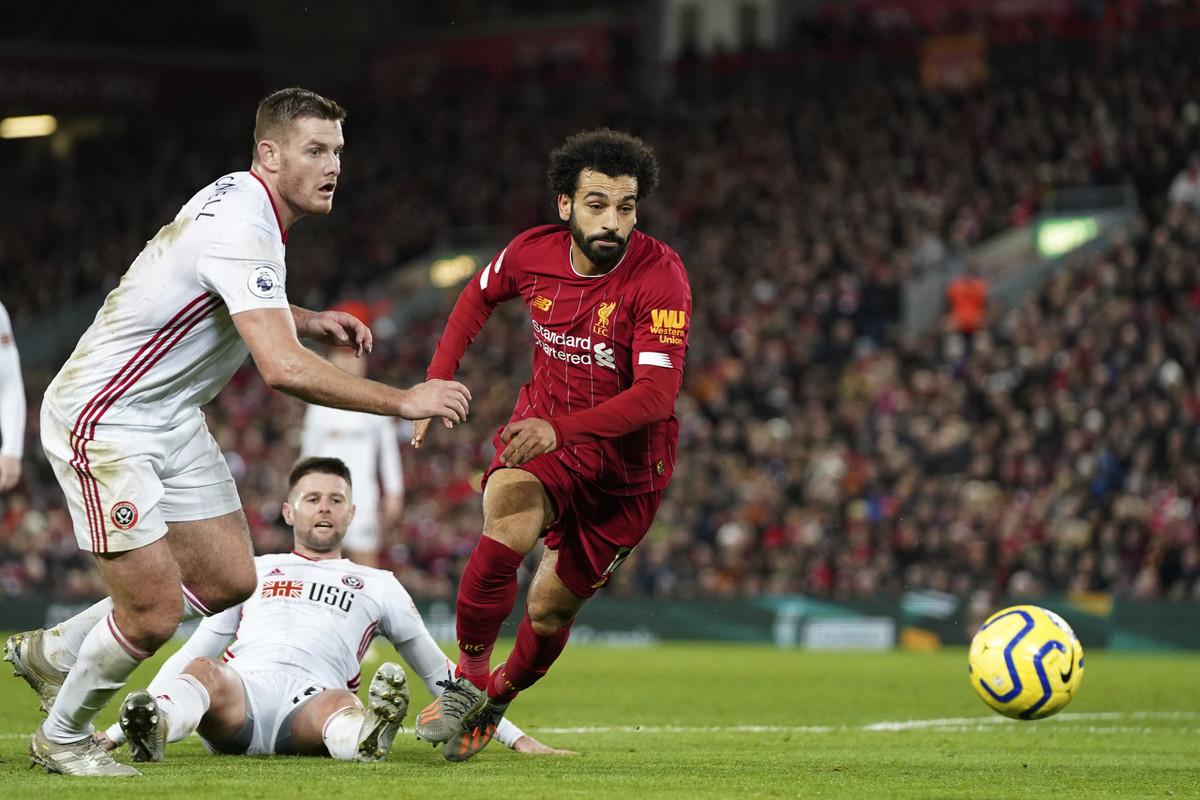

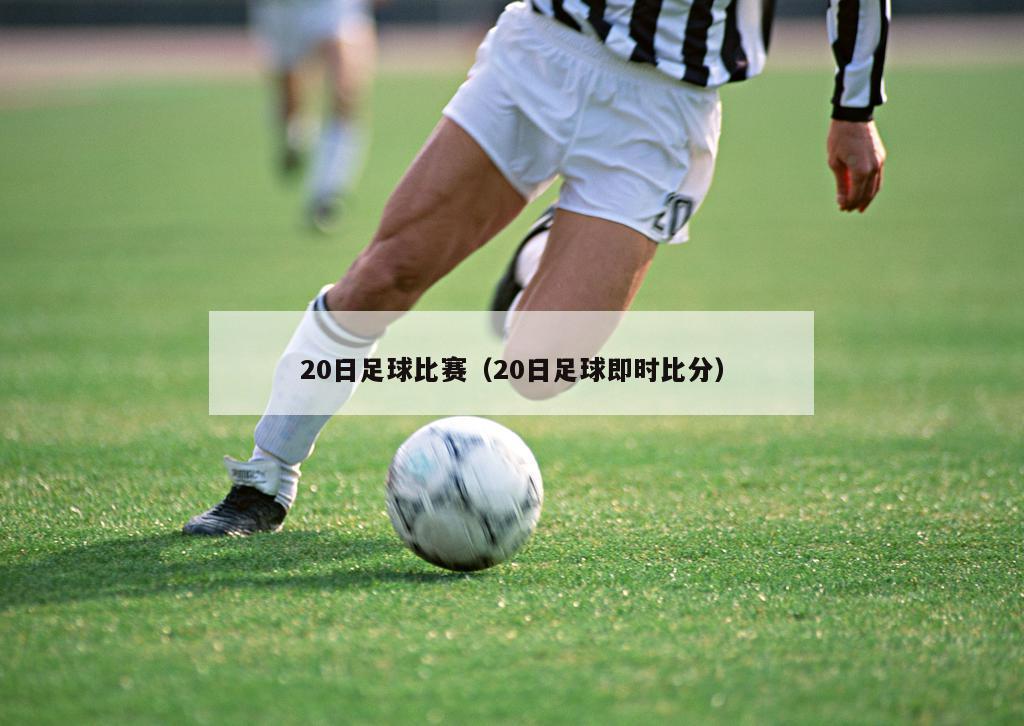
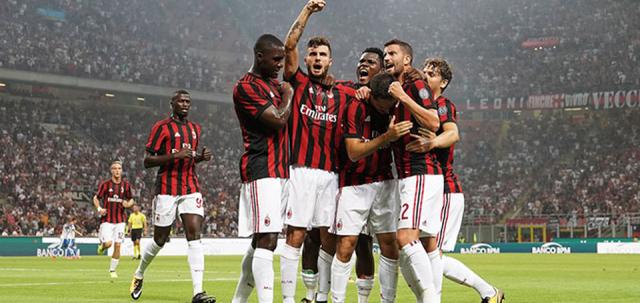
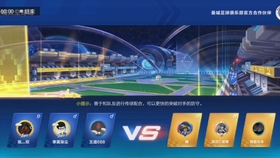
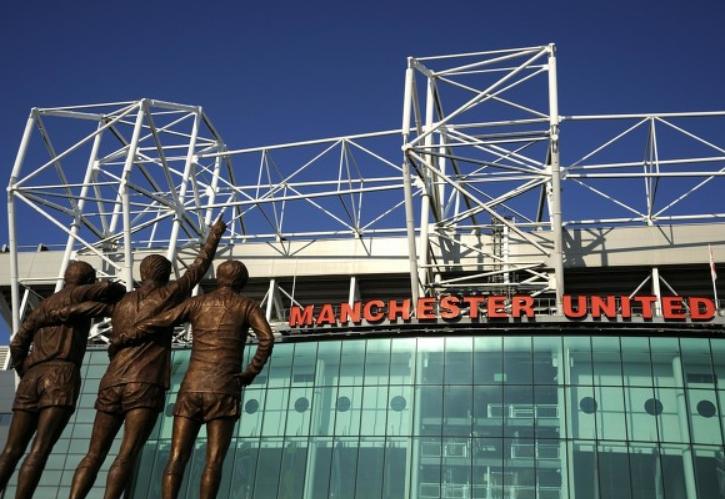
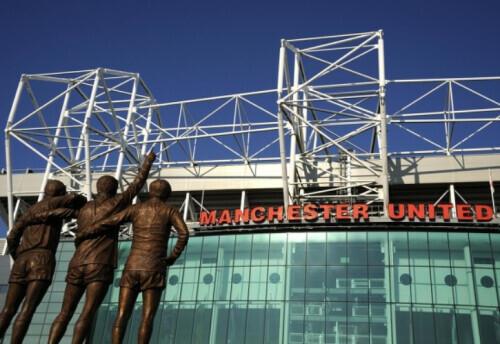

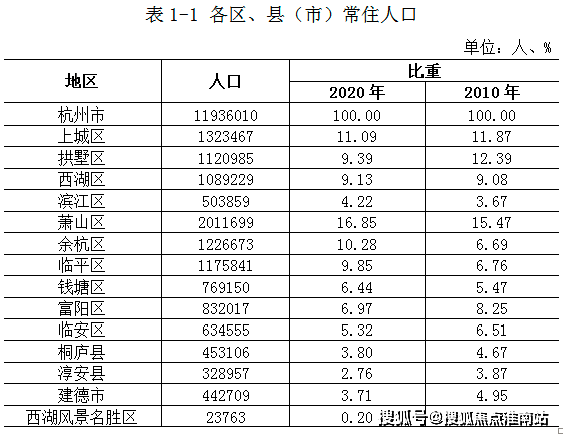


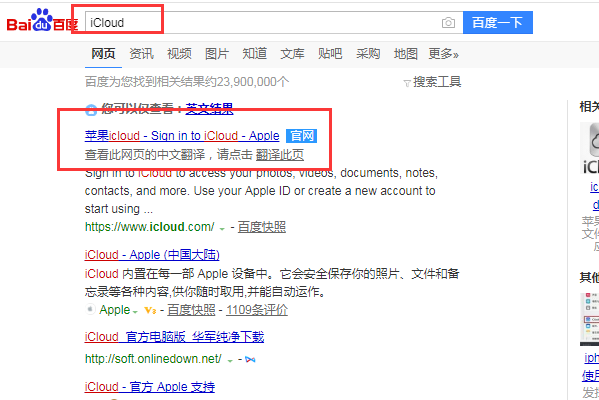

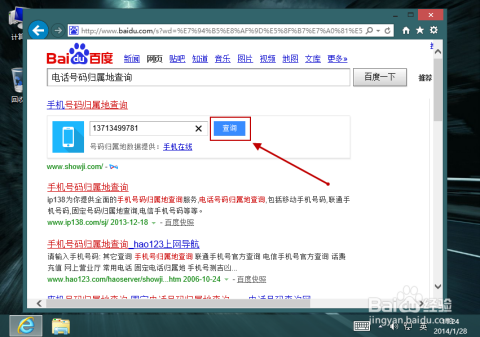
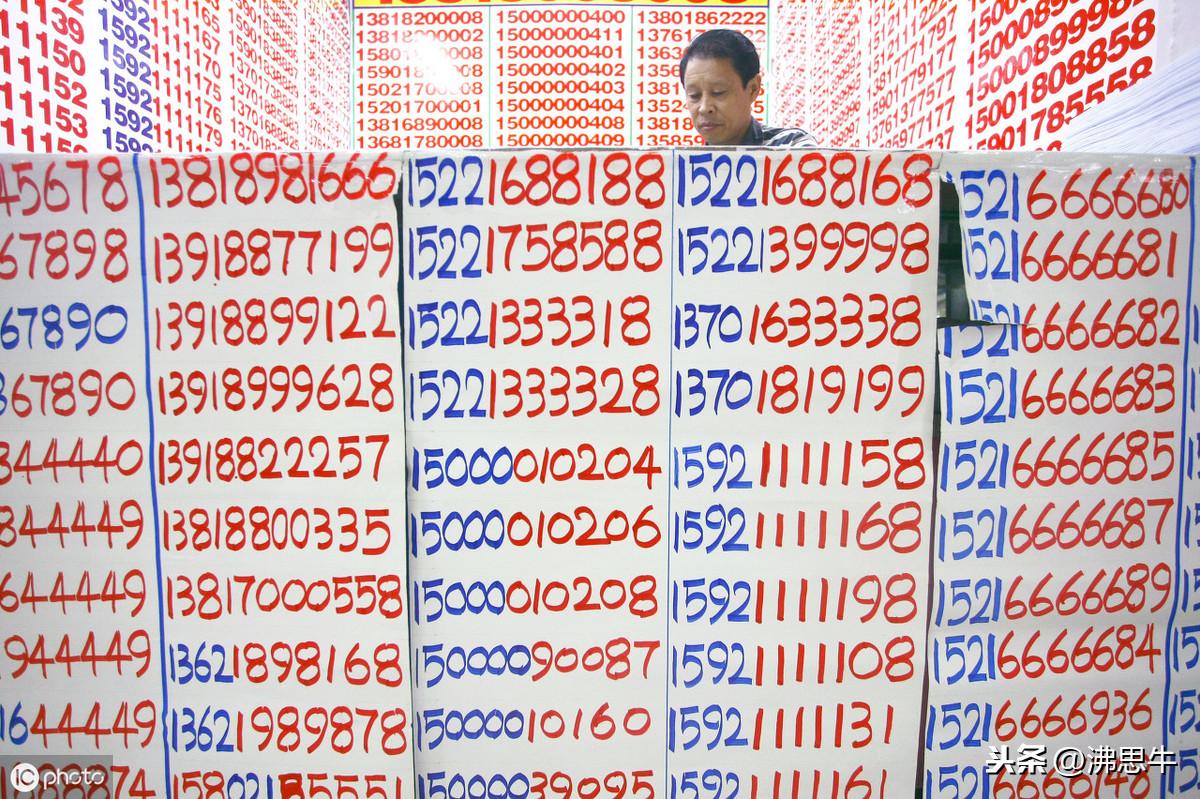
 京公网安备11000000000001号
京公网安备11000000000001号 京ICP备11000001号
京ICP备11000001号
还没有评论,来说两句吧...